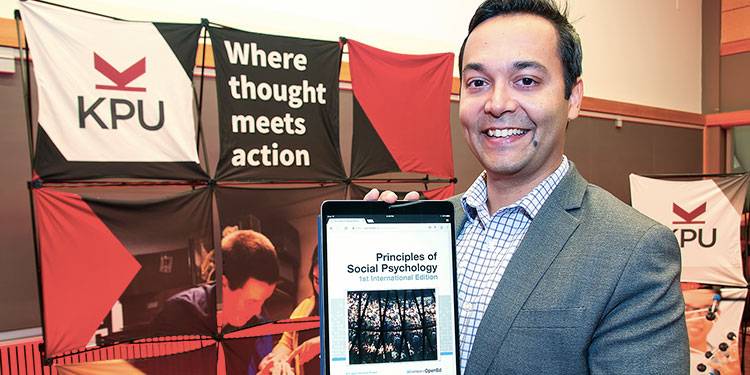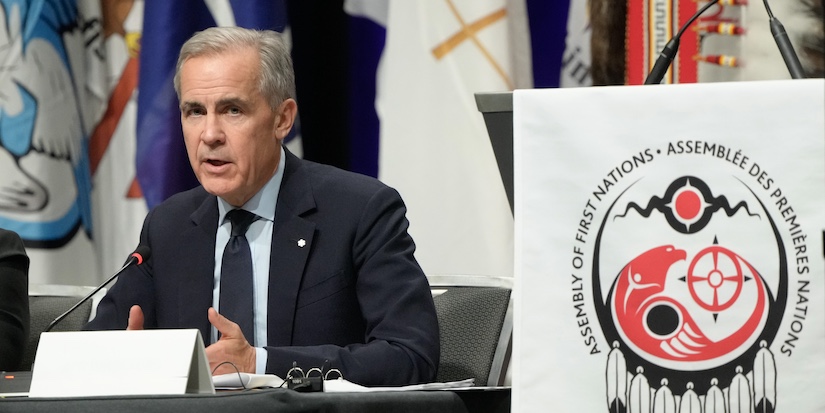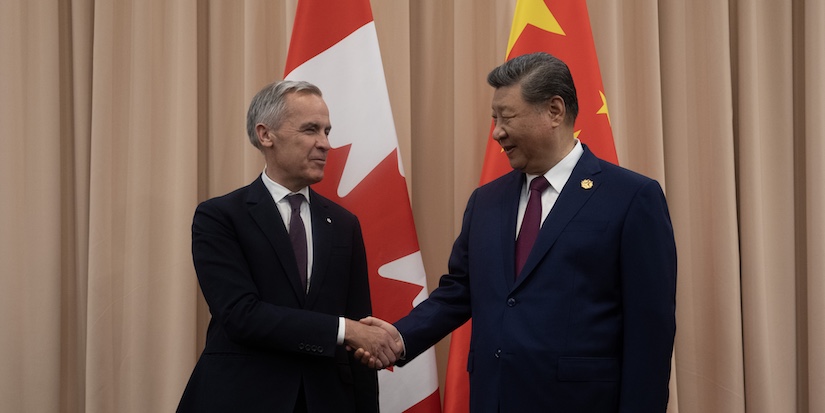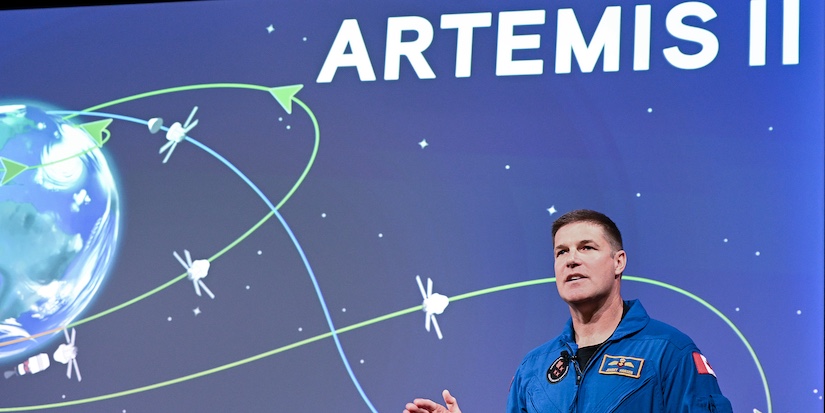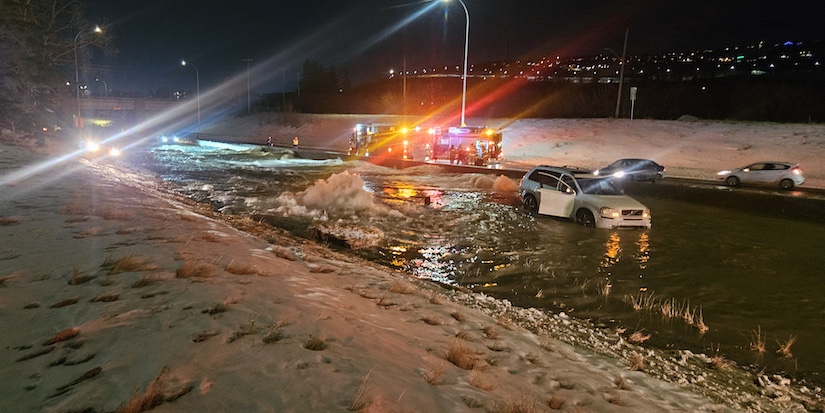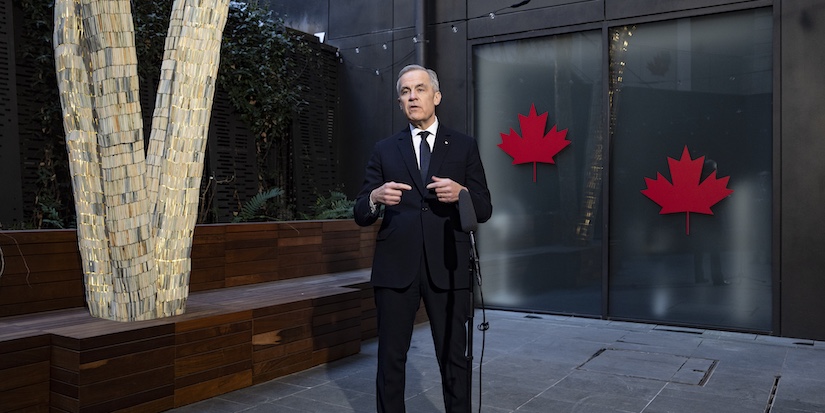Latest News
Kwantlen a world leader in free texts
Published 10:16 PDT, Wed September 13, 2017
Last Updated: 2:12 PDT, Wed May 12, 2021
As students go back to school, Kwantlen
Polytechnic University hopes to cut their first year students’ costs in half by
offering free, downloadable text books.
“Tuition for a three-credit course is $400
and it’s not uncommon to have the textbook for that class worth $400, so it’s a
bit ridiculous,” says Dr. Rajiv Jhangiani, a teaching fellow in open studies
and psychology instructor who is spear-heading this program at KPU.
Starting this month, students taking many of
the first year courses counting towards any Arts degree can use open-source
texts instead of buying them.
“The first year, one-year program is part and
parcel of a degree, so a student can take regular first year English, history,
sociology, or physics, without spending a single dollar on textbooks. These are
all courses they would take anyway towards a Bachelor’s degree,” says
Jhangiani. Plans are in the works to expand the online text program.
“We are going to continue to build on it and
add a two-year program,” he says.
While some texts for some courses have been
available this way, September 2017 represents the launch of an entirely no-cost
text book year for many students.
“Over the years we have already saved our
students about half a millions dollars. Now with this new program, we will save
them at least $210,000 per year,” according to Jhangiani.
For a student living at home, downloadable
texts cut the cost of a year at KPU in half.
Jhangiani has a sense of purpose.
“I am an immigrant and education was my
pathway to where I am now,” he says.
That sense of purpose colours everything he
does, and he says access to education is about social justice. Free online
texts added to innovations in teaching methods and delivery combine to shine a
light on KPU’s goal: accessible education.
Cutting costs increases access to higher
learning. Yet there’s more fueling Jhangiani’s enthusiasm.
“The other piece that I love is the
innovation. In 2017, to have a static print resource is a little stale.
Disciplines move much faster than a new text books edition cycle and other
books don’t move at all, at least at the first year level. So now, with these
online texts, to be able to embed videos and animations is marvelous.”
Jhangiani cites the flexibility of online
resources for professors.
“Faculty are absolutely free to assign any
resources they deem fit. If there is a resource we deem good enough, we can
assign it. We just place the links to the text books, to all its digital
formats on the website.”
When it comes to offering classes with free
online texts, Jhangiani says: ”Of all 26 post-secondary institutions in B.C.,
KPU is a leader.”
He says student groups and professors alike
support open access to education very strongly, including Dr. Salvador
Ferreras, KPU provost and vice-president academic.
“We’re all about open access and providing
multiple means for learners to pursue their dreams. KPU is perfectly positioned
to lead the way into a bold and exciting future of open education.”
